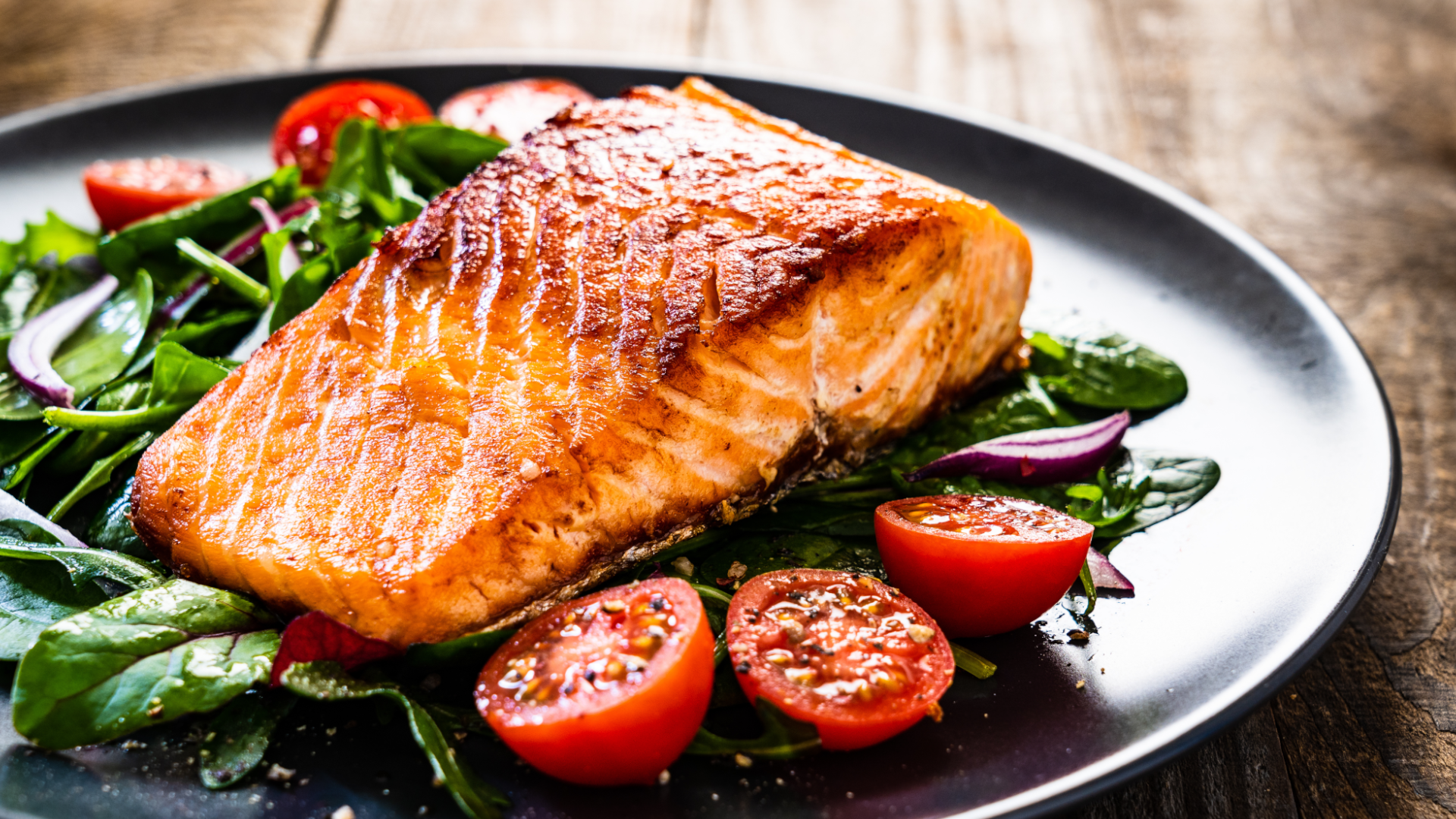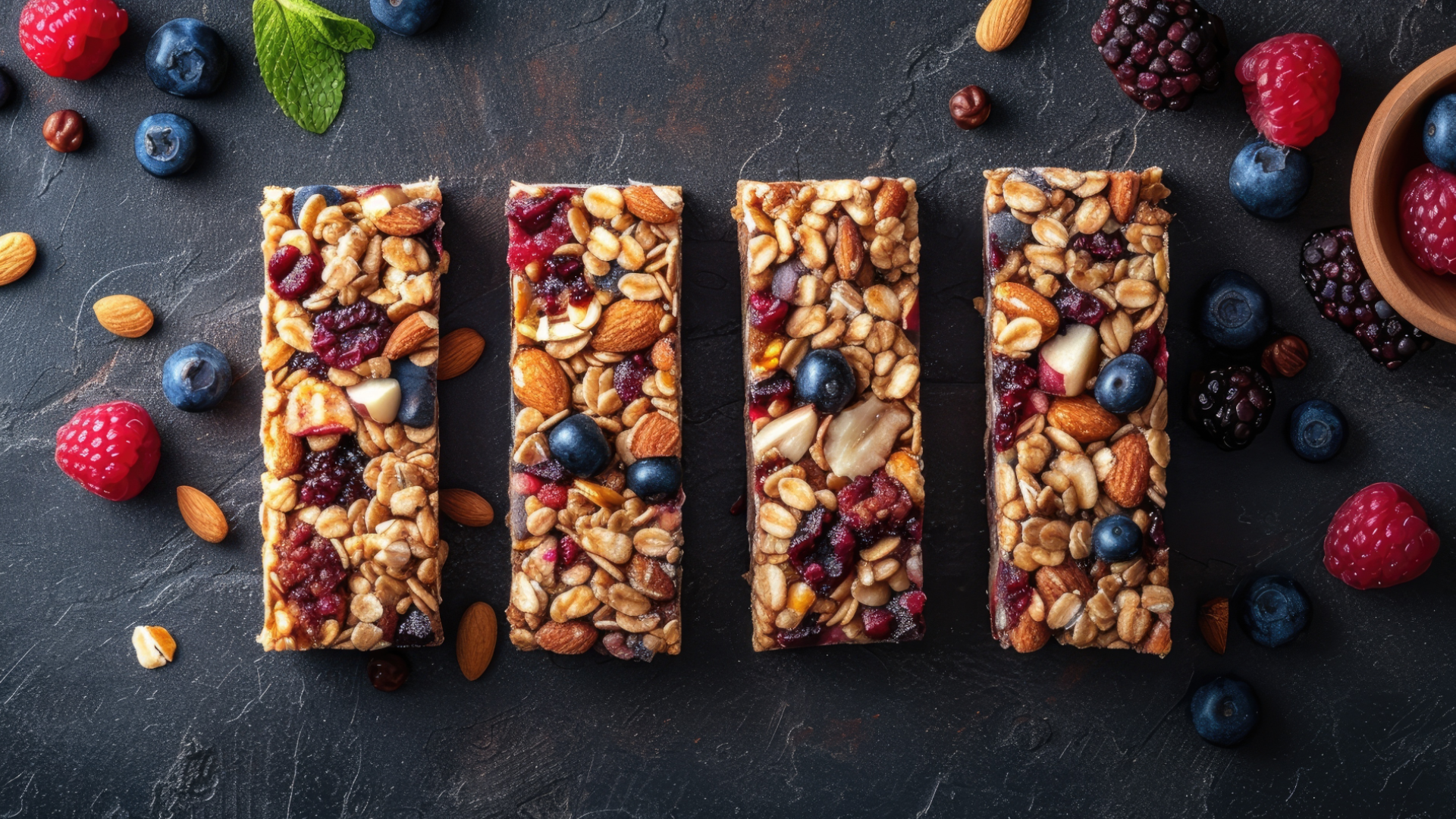Grab your cheat sheet… |
Protein should be one of your best friends—always supporting you through the tough times and helping you to recover when you need it.
But even best pals can fall out sometimes, and if you feel that you’re not getting along with it as well as you used to—it might be time to look at your intake.
Even natural supplements can come with minor side effects, and protein is no exception. If you’ve encountered dreaded bloating or gas from taking a protein supplement, you’ll know what we’re talking about. And trying to work out when you’re feeling uncomfortable can be challenging.
If you want to perform at your peak, you need your body to be in great health and this includes your digestive system.
Any issues you have with digestion or bloating are likely to result in poor-quality exercise performance, as your body will be reliant on the nutrients you consume to get through the workout. Without the nutrients, you’ll find it hard to push hard when you need to most.
Symptoms like bloating (protein bloat) aren’t uncommon with protein supplementation. But they can be avoided with a few minor adjustments.
Why do protein supplements cause bloating?
There are several reasons why protein supplementation can cause bloating, and it’s important to work out why it’s happening to you.
This way, you can take measures to solve this most unsettling of issues.
Too much can cause digestive issues
Protein supplements are often used as a method of weight management because they make your stomach feel full without packing on a high number of calories. If you’re eating plenty of protein from whole food sources, too it can overwhelm your digestive system. This can lead to gas or bloating.
Protein can take some time to digest
Proteins need to break down and digest a bit longer than carbs and fats, which means a buildup of gas can develop, causing a bloated feeling.
The fermentation process
When proteins are broken down, gases such as carbon dioxide, methane, and hydrogen are produced during fermentation. This can lead to bloating and discomfort.
Drinking a protein shake too quickly
If you take a protein supplement rapidly, it can sometimes lead to excess gas due to “gulping”, as this process can take in additional air. Not mixing a protein shake can also cause issues as it may prove harder to digest.
Intolerance
You may have an insensitivity to certain types of protein. For example, if you’re lactose intolerant. Be sure to choose your whey protein carefully so that it suits your digestive system.
Ways to avoid protein bloat

If you’re having issues with your protein intake, we’ve got you covered. There are various hacks you can use to continue to use your supplements, without digestive issues.
Let’s have a look at some of the techniques to get you back on good terms with your “best friend”.
Stay within the recommended dose
Taking more than the recommended amount of protein powder won’t get you to your goals any quicker.
There’s a limit to the amount of protein your body can take at any given time, so any excess may end up taking longer to digest and cause stomach issues.
Mix your shakes properly
It’s important to mix your shakes to a smooth consistency to avoid clumping. This will make the digestive process much easier and should reduce the likelihood of bloating.
To minimize protein-induced bloating, it's recommended to consume moderate portions.
Choose whole foods as your main source of protein
It’s a good idea to supplement with protein, but your main source should come from whole foods such as fish, chicken, and quinoa.
These are easy to digest and will help to keep your digestive system healthy, making it easier to process your supplements.
Read: Your ultimate guide to sports nutrition
Stagger your protein supplementation
If you’re finding it hard to take the recommended daily dose in one go, you can spread it out throughout the day.
This will mean there is less to digest at one time and will ease the fermentation process. If you’re eating a protein-packed meal that you feel might cause you to bloat, try splitting it into two meals: One for lunch, and one for dinner.
Drink plenty of water
This should go without saying if you work out regularly, but drinking enough water also helps you digest and absorb protein more efficiently, reducing bloating.
So, aim to drink between 10 and 12 standard glasses of water throughout the day. That’s the hydration sweet spot.
Eat more fiber
Fiber-rich foods help to move food through your digestive tract, preventing bloating caused by slow digestion.
If you get the right balance, you can consume much more protein without bloating issues by adding some extra fiber to your diet.
Get the protein supplement that suits you
There are various types of protein powder and you should choose one which suits your needs as well as your tolerance to protein.
For example, if you’re a vegan, you might want to choose a plant protein. If you’re lactose intolerant, you might prefer a clear whey protein. Making the right personal choice will make a big difference to any bloating side effects you might encounter.
Tip: Try our epic muscle-boosting and stomach-friendly blend, Tri-Protein.
Don’t rush your protein intake
Rushing through your meals or drinking protein shakes too quickly can lead to swallowing air and this will encourage gas and bloating.
Take your time, chew thoroughly if eating whole foods, and sip your protein shake so that your body has time to digest it properly.
Add some probiotics to the mix
If you’re still struggling with your tolerance for protein, try some probiotics. These contain friendly bacteria that help the gut break down food and gas, which is produced during digestion. Probiotics are often used to help ease constipation, which is a common cause of gas and bloating.
Use a protein powder that contains digestive enzymes

One of the best ways to supplement safely with protein and drastically reduce the chance of bloating and gas is to use one that contains digestive enzymes.
These enzymes will help to break down fat, protein, and carbs and will make protein supplementation much easier on the digestive system.
Keep an eye on what you’re eating
Protein can often get blamed for causing digestive issues when it’s actually something else in your diet.
Have a closer look at what you’re eating and see if you can eliminate anything that might be causing the issue. For instance, carbohydrates are typically more problematic than proteins when it comes to digestive problems.
How to gain muscle without gas
If you find you’re having bloating issues when taking a protein supplement regularly, a few adjustments here and there should set you on the right course. Your checklist for eliminating bloating is…
- Watch what you eat
- Choose the right protein powder for you.
- Stay hydrated
- Mix your shakes thoroughly, and don’t rush them
- Choose a powder that includes digestive enzymes
- Take a probiotic
- Stagger your protein intake
- Eat more fiber
Protein is an essential nutrient to support workouts through growth and recovery, so it’s essential to address the bloating issue to avoid below-par efforts in the gym and inadequate recoveries.
Crazy Nutrition’s Tri-Protein Increases gains, promotes muscle growth, boosts energy, and satisfies hunger with 24 grams of 4 different protein sources. It also contains digestive enzymes to reduce the risk of bloating. Go get some.



